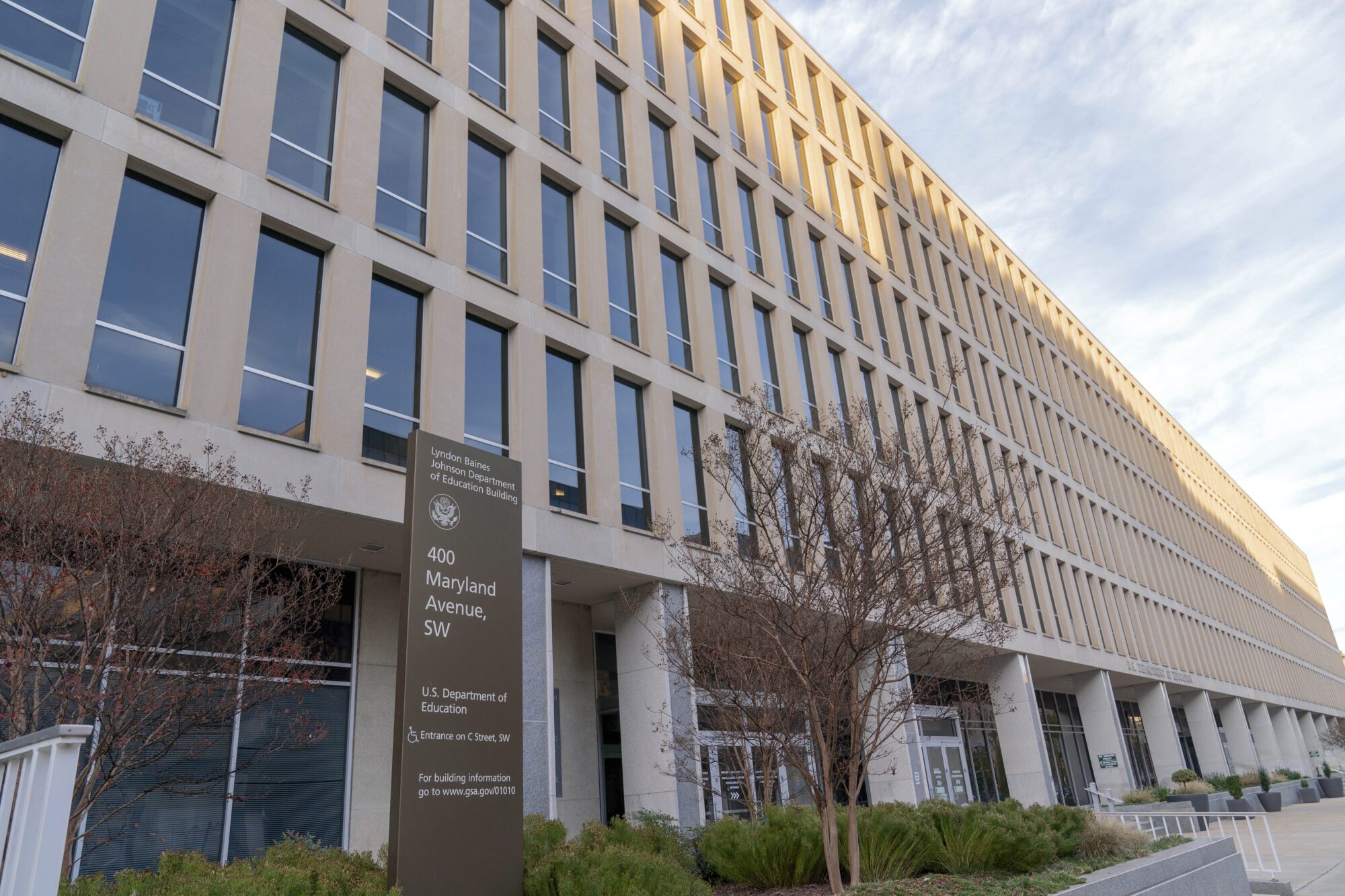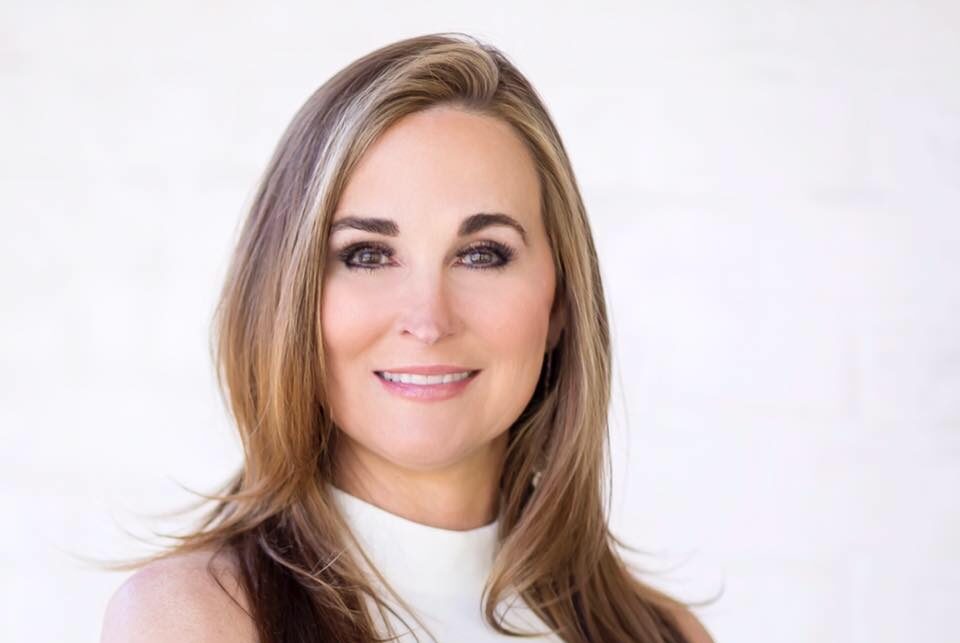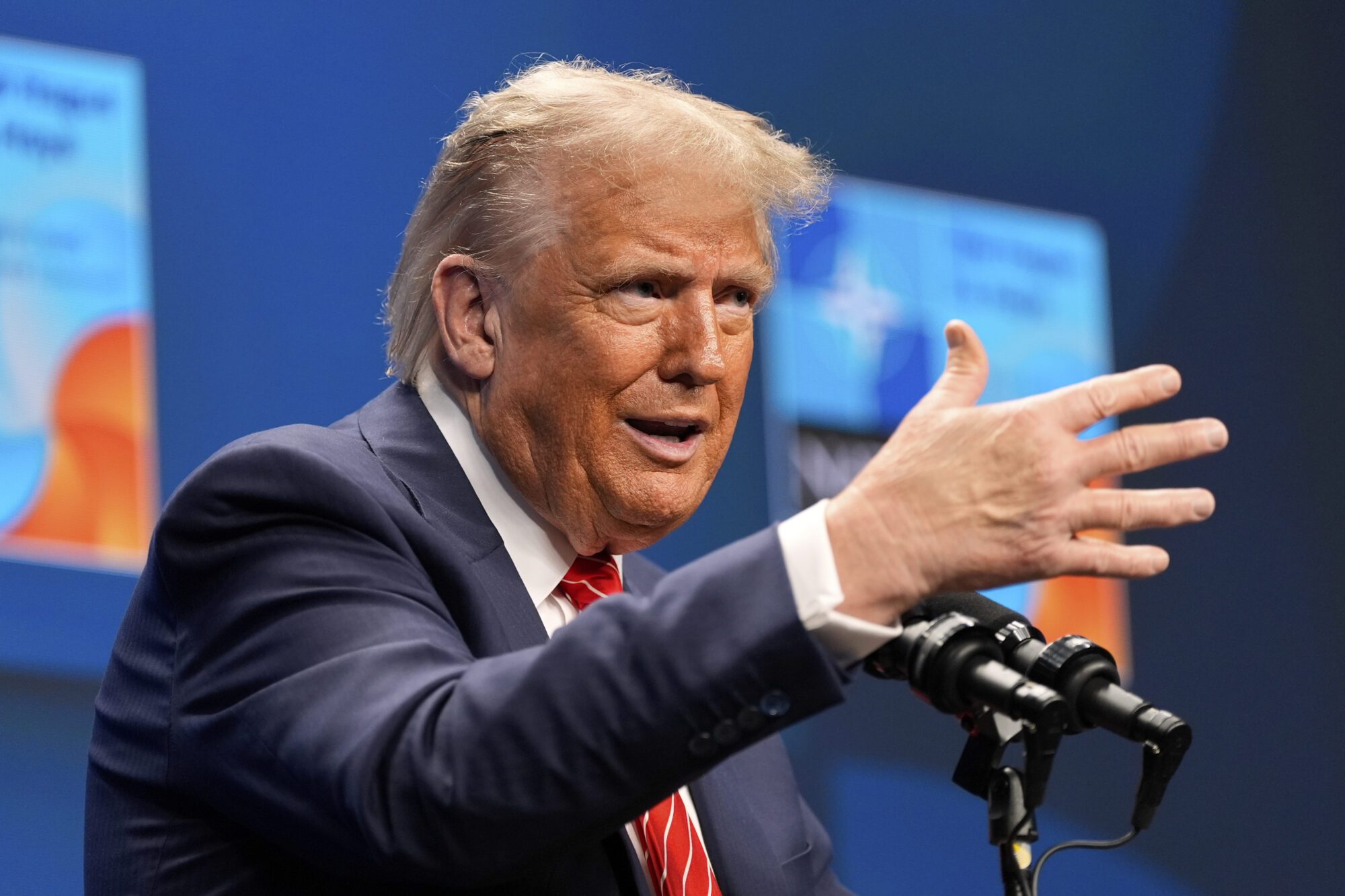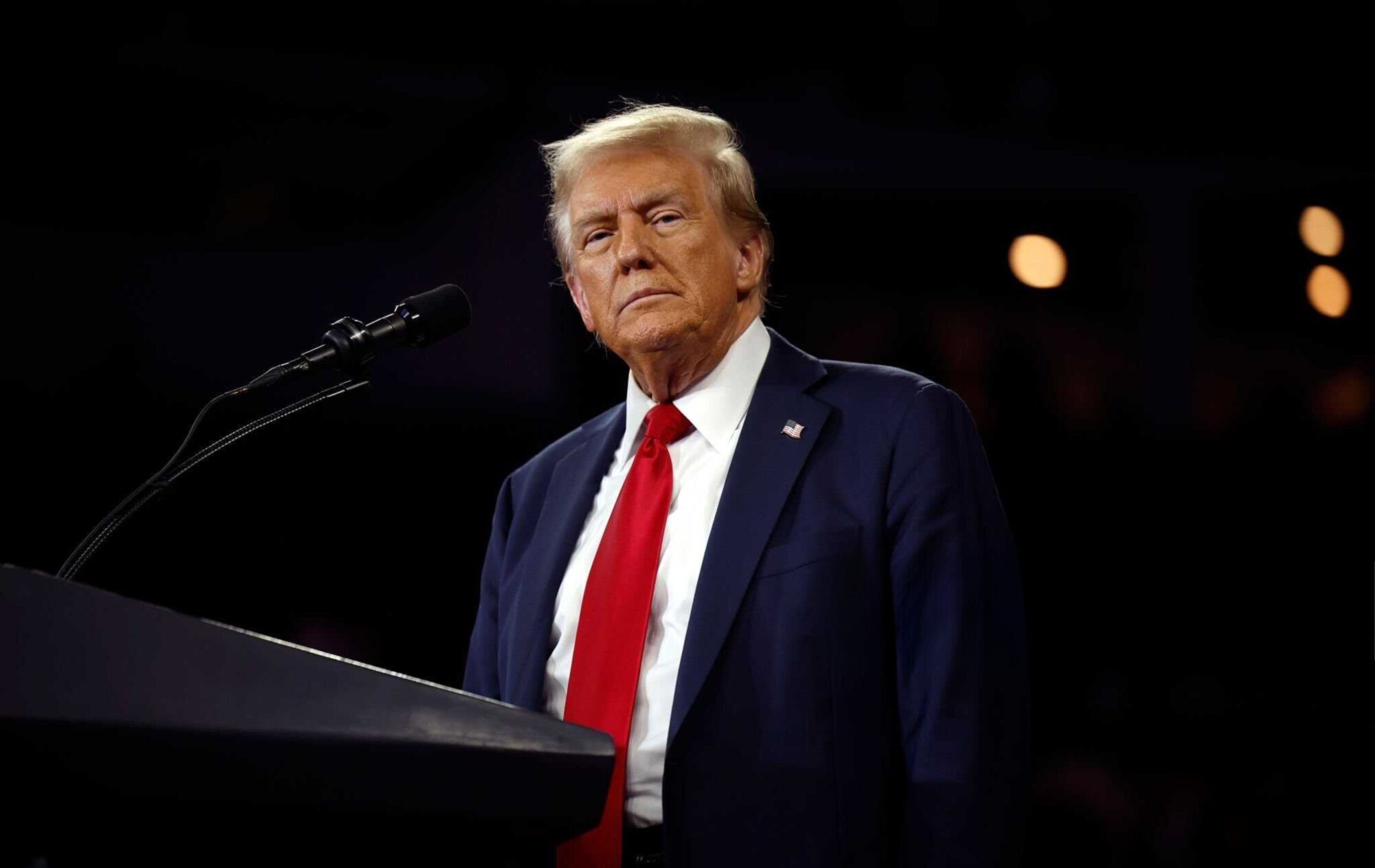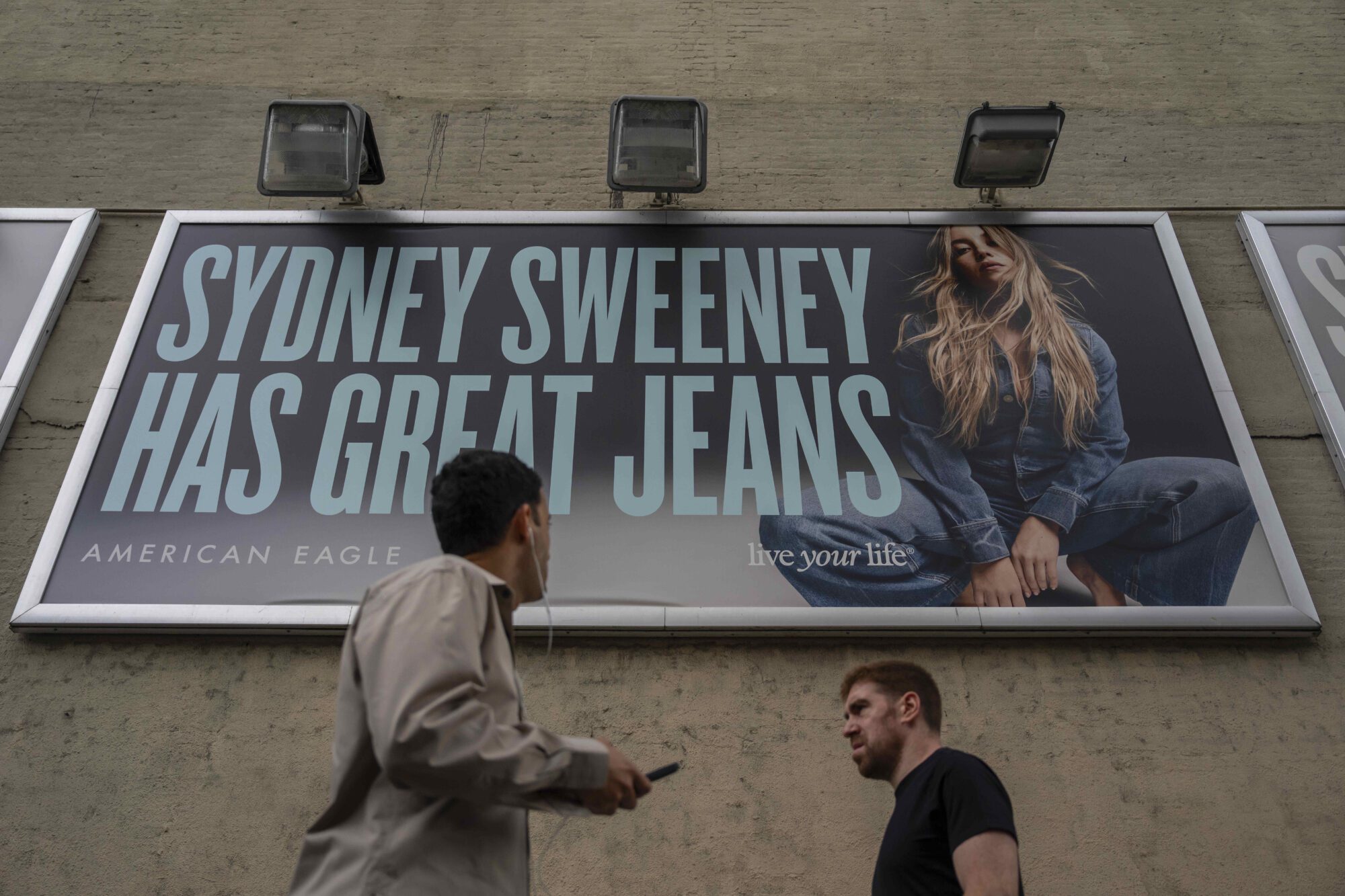
People walk past a campaign poster starring Sydney Sweeney which is displayed at the American Eagle Outfitters store, Friday, Aug. 1, 2025, in New York. (AP Photo/Yuki Iwamura)
- Lesley Davis says the reaction to the Sweeney ad suggests that Americans are increasingly drawn to aspirational aesthetics that feel authentic, rather than performative virtue signaling that is forced.
In 2023, Bud Light ignited a national firestorm for no reason with a single social media promotion. The brand sent “transgender” influencer Dylan Mulvaney a custom can featuring his face in full cosplaying womanhood to commemorate his “365 Days of Girlhood” milestone. What the rest of us knew full well was he’s a grown man weirdly pretending to be a young girl. And it backfired.
What might have been viewed as a niche “edgy” influencer partnership turned into a PR catastrophe, sparking an instant backlash from the brand’s core customer base—normal folks, biologists who still believe in science, and just beer-drinking Americans who saw the campaign as a in-your-face-political statement rather than simply marketing a beer.
The fallout was swift and severe. Bud Light’s sales plummeted. The brand lost billions in market value. Bars and convenience stores across the country pulled the beer from shelves because no one was buying it. No one wanted to be seen holding a Bud Light can. The leftist woman in charge of this out of touch campaign—rightly fired.
It wasn’t just a boycott; it was a cultural revolt. And it signaled something deeper than consumer dissatisfaction. It was a rejection of the idea that every company, even one built on barstools and football, had to pick a side in America’s ideological divide. Particularly the side they were forcing us to choose.
Fast-forward to 2025, and American Eagle is experiencing the opposite kind of reaction—with a very different kind of ad. In its back-to-school campaign, the retailer partnered with actress Sydney Sweeney. The ad features Sweeney, a pair of jeans, a classic Ford Mustang, and a play on words.
There’s no manifesto, no attempt to signal moral superiority—just a beautiful woman in great jeans, evoking a vibe that’s equal parts nostalgic, aspirational, and uncontroversially appealing. Americana, when we mostly got along and could joke without being cancelled by the moral superiors.
And it’s working.
American Eagle’s stock and sales are surging, especially among young men and women who crave a return to simplicity, style, and authenticity. Plenty of people were unhappy. But they appeared to be people who are unhappy with life in general—our angry leftists.
Either way, the contrast with Bud Light couldn’t be more stark, and the implications couldn’t be more telling. So what’s going on here?
Audience Alignment Still Matters
Bud Light’s misstep wasn’t just about partnering with a “transgender” influencer—it was about misreading its audience. Beer is one of the most traditional, culturally rooted products in America. The brand’s longtime appeal was built on working-class humor, uniting sports sponsorships, and all-American branding where we could all come together, no matter political beliefs. When Bud Light veered into radical activism, it created a cultural whiplash. Customers didn’t feel understood or valued. They felt replaced, scolded, and talked down upon with the insane progressive GroupThink.
American Eagle, on the other hand, seems to understand its audience. Sydney Sweeney is not only an “it girl” in Hollywood, but also a woman who resonates with men and women alike. She’s confident, feminine, and conventionally attractive—but also down-to-earth and unpretentious. The ad doesn’t try to preach. It tries to connect. It says, “This is what reality and even cool looks like right now,” not “Here’s your moral homework. Obey or else.”
A Cultural Correction Is Underway
For a while, many brands shied away from traditional beauty standards or the use of all American beauty appeal in advertising, fearing accusations of objectification or exclusion based on identity groups. But the pendulum is swinging back—not toward exploitation, but toward appreciation. Sydney Sweeney’s appeal in the ad isn’t vulgar or over-the-top. It’s confident, clean, American, and unapologetically strong and feminine.
The success of the ad shows that consumers aren’t tired of truth and beauty. They’re tired of being told they’re bad people for appreciating it. The reaction suggests that Americans are increasingly drawn to aspirational aesthetics that feel authentic, rather than performative virtue signaling that is forced.
The contrasting fates of Bud Light and American Eagle point to a larger shift in American culture. For almost a decade, corporate marketing has leaned heavily into leftist political activism—often in the name of radical diversity, equity, and inclusion. Because most marketers don’t understand a mainstream audience. And for a while, they did not care two cents.
But consumers are saying we’ve had enough of the insanity and political GroupThink. Many are rejecting the idea that every product must carry a social message. They’re craving entertainment over education, truth and beauty over ideology, and connection over confrontation. They are craving dear Americana.
In short, people want their brands to make them feel good again, not guilty.
We Are Making a Comeback
Ironically, what many elites would call “regressive” marketing—attractive models, non-political messaging, humor—may actually be a form of rebellious progress in this moment. Because what it really signals is a return to normal. Most Americans don’t live on the cultural extremes. They want freedom of expression, but they also want tradition. They’re okay with change, but not with contempt. They want to be inspired—not lectured.
Bud Light learned the hard way what happens when you lose that balance. American Eagle seems to have learned the lesson.
And as more brands take note, we may see a quiet revolution unfold—not in Washington, but on billboards and Instagram feeds. One where brands stop trying to divide us as Americans, and others start trying to unite again.
And all it took was a beer can and a pair of jeans.


